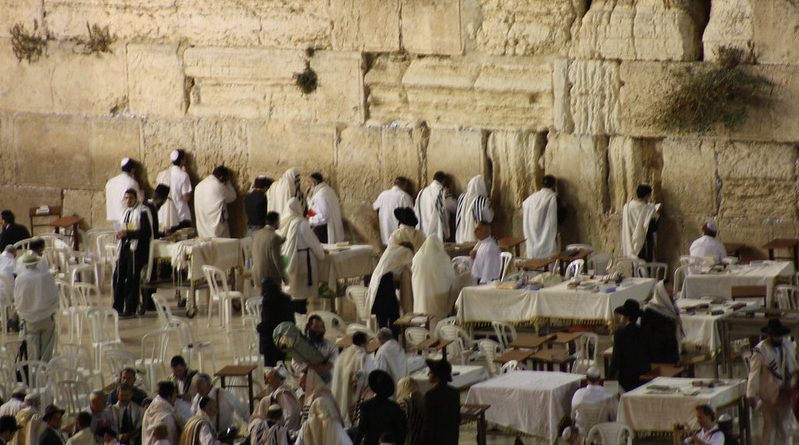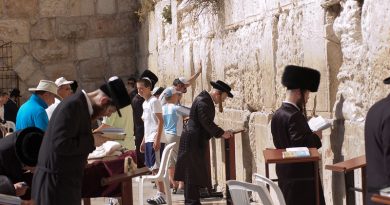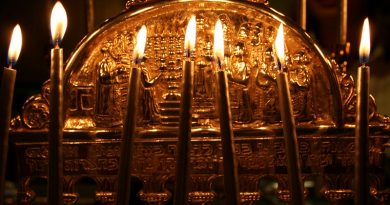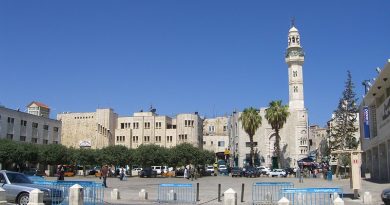Yom Kippur
Yom Kippur, known as the ‘Day of Atonement, is the holiest day in Judaism.
Primarily centred on atonement and repentance ,the day’s observances consist of full fasting and ascetic behavior accompanied by intensive prayer as well as the confession of sins traditionally carried out inside a synagogue.
Alongside the related holiday of Rosh Hashanah , Yom Kippur is one of the two components of the “High Holy Days ” of Judaism.
The ten days from Rosh Hashanah to Yom Kippur correspond to the last ten days of the 40-day period Moses was on Mount Sinai receiving the second set of tablets.
According to Jewish tradition, God inscribes each person’s fate for the coming year into a book, the Book of Life , on Rosh Hashanah, and waits until Yom Kippur to “seal” the verdict.
During the Days of Awe, a Jew tries to amend their behavior and seek forgiveness for wrongs done against God and against other human beings . At the end of Yom Kippur, one hopes that they have been forgiven by God.
As one of the most culturally significant Jewish holidays, Yom Kippur is observed by many secular Jews who may not observe other holidays. Many secular Jews attend synagogue on Yom Kippur—often the High Holy Days are the only times of the year during which they attend synagogue—causing synagogue attendance to soar.




